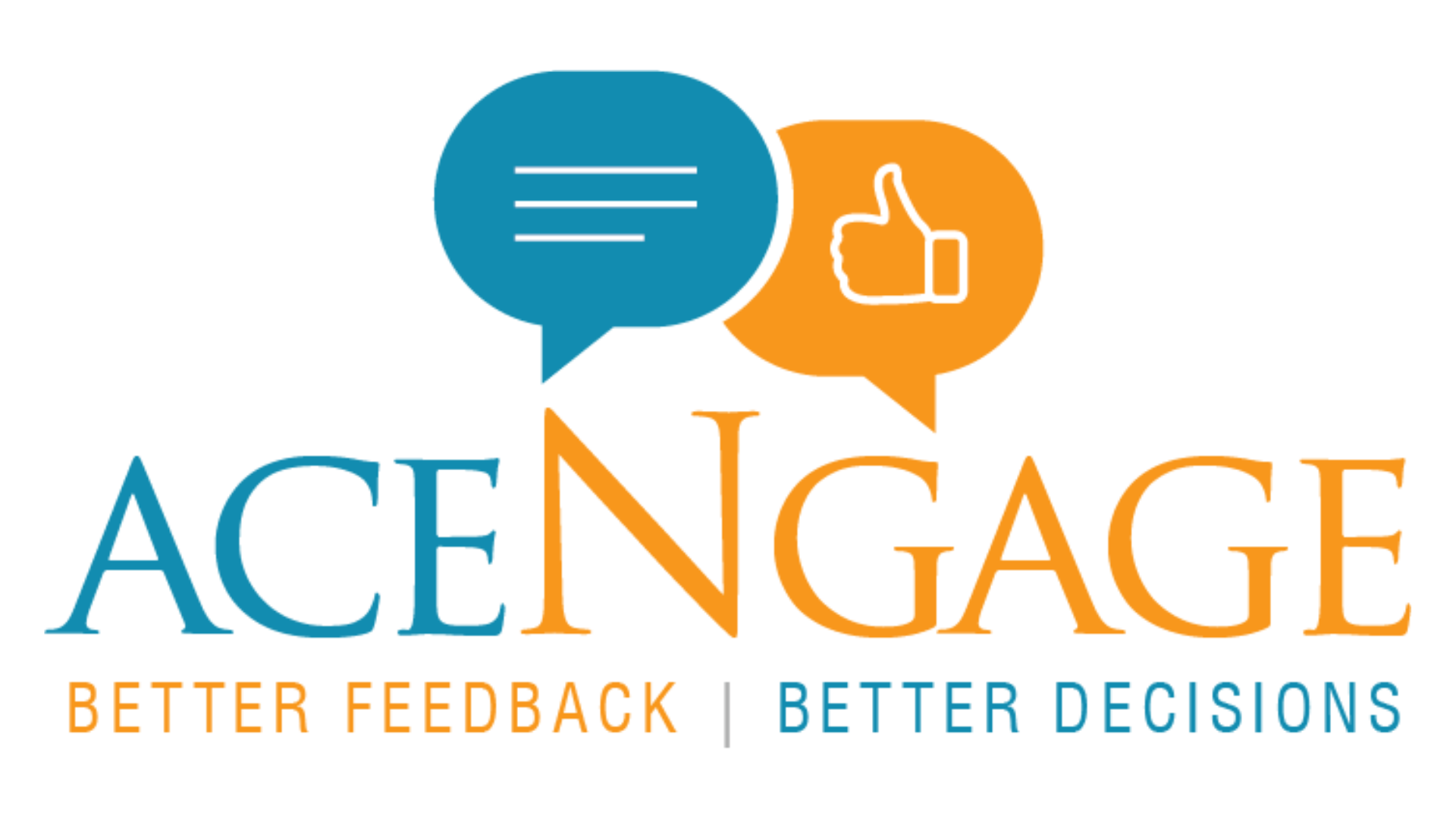Imagine an employee, Rohan, who’s leaving your company. You schedule an exit interview with HR, and the moment he sits down, he asks:
“Is this really confidential?”
The truth? Employees don’t always believe that exit interviews are private—especially when HR is conducting them in-house.
💡 Fact: According to a Harvard Business Review study, 59% of employees don’t provide honest feedback during exit interviews because they fear repercussions or believe nothing will change.
So, as an HR leader, the question isn’t just about whether to conduct exit interviews but who should conduct them to ensure confidentiality and extract real insights.
Should HR handle exit interviews in-house, or is outsourcing to a third party a better choice?
Let’s break this down—confidentiality risks, best practices, and why companies are increasingly choosing to outsource exit interviews.
Why Confidentiality in Exit Interviews Matters
Exit interviews are a goldmine of insights. Employees who are leaving don’t have much to lose, making them more likely to reveal the real reasons behind their departure.
However, if they don’t trust the process, they won’t speak up.
What Happens When Confidentiality Is Compromised?
🚨 Employees give generic responses: “I got a better offer” instead of “My manager was toxic.”
🚨 Serious issues stay hidden: Workplace harassment, discrimination, or toxic leadership remain unreported.
🚨 HR receives misleading data: Decisions based on inaccurate feedback lead to higher attrition and increased hiring costs.
🚨 Legal risks increase: If an employee later files a lawsuit citing workplace misconduct, but HR has no prior record of complaints, the company could face compliance issues.
Quote from a CHRO:
“Confidentiality isn’t just a promise—it’s the foundation of a credible exit interview process. Without trust, you’re collecting noise, not insights.”
Confidentiality in In-House Exit Interviews: Can Employees Trust HR?
Many organizations prefer in-house exit interviews because their HR teams understand company culture and have direct relationships with employees.
Pros of In-House Exit Interviews:
✅ Cost-Effective: No additional budget required for external consultants.
✅ Familiarity: HR knows the employees and company policies well.
✅ Immediate Action: HR can act on insights faster without waiting for external reports.
However, the biggest challenge is confidentiality.
Cons of In-House Exit Interviews:
❌ Employees Fear Retaliation: Employees hesitate to be brutally honest when they know HR works closely with leadership.
❌ Bias in Reporting: HR might unintentionally filter negative feedback to protect internal teams.
❌ Limited Anonymity: If HR knows who said what, employees feel exposed.
❌ Lack of Benchmarking: Internal teams don’t have insights from other companies to compare exit trends.
Real-Life Example: A Pharma Company’s HR Team Conducted Exit Interviews—Here’s What Went Wrong
A major pharmaceutical company in Mumbai conducted all exit interviews internally. Over time, HR noticed a consistent lack of negative feedback, making leadership believe everything was fine.
However, after outsourcing exit interviews, it was revealed that:
- 40% of employees left due to manager behavior.
- 20% cited unrealistic work expectations.
- 15% mentioned workplace harassment, which was never reported.
This shocking revelation forced the company to introduce leadership training, employee wellness initiatives, and anonymous reporting tools.
💡 Lesson: Employees don’t trust internal HR teams as much as companies think.
Outsourcing Exit Interviews: Does It Improve Confidentiality?
Many global companies, including Unilever, Accenture, and Tata Group, now outsource exit interviews to ensure complete confidentiality and unbiased reporting.
Pros of Outsourcing Exit Interviews:
✅ Anonymity Leads to Honest Feedback: Employees feel safer knowing their feedback is handled by a neutral third party.
✅ Unbiased Insights: External experts ask deeper questions without internal biases.
✅ Benchmarking Across Industries: Firms like AceNgage analyze exit trends across multiple organizations, giving companies data-driven insights to improve retention.
✅ Legal Protection: Third-party interviews reduce legal risks by ensuring proper documentation of grievances.
✅ Time & Resource Savings: HR teams can focus on improving engagement strategies instead of conducting and analyzing exit interviews.
Cons of Outsourcing Exit Interviews:
❌ Higher Costs: Hiring a third-party firm comes at a price, but the ROI from better retention often outweighs the cost.
❌ Delayed Action: Insights need to be processed externally before being shared with HR.
Case Study: How Outsourced Exit Interviews Reduced Attrition for a BFSI Firm
A leading BFSI company in India was facing 35% annual attrition but couldn’t pinpoint why. HR exit interviews weren’t revealing any real problems.
After outsourcing to AceNgage, they discovered:
- Employees felt micromanaged and undervalued.
- Performance pressure led to severe burnout.
- Exit feedback wasn’t acted upon, making employees feel unheard.
With this insight, the company restructured management training programs, introduced wellness initiatives, and improved work-life balance policies, leading to an 18% reduction in attrition.
Should You Outsource Exit Interviews for Better Confidentiality?
🔎 If your organization is struggling with low-quality exit feedback, legal risks, or retention issues, outsourcing exit interviews is a smart move.
When to Keep Exit Interviews In-House:
✔️ When turnover is low, and HR has established trust with employees.
✔️ If HR teams are trained in handling sensitive conversations.
✔️ If an anonymous reporting system is already in place.
When to Outsource Exit Interviews:
✔️ If employees aren’t giving honest feedback due to fear of retaliation.
✔️ If your company is facing high attrition and needs deeper insights.
✔️ If benchmarking against industry standards is essential.
✔️ If legal compliance and documentation of grievances is a priority.
Quote from a CEO:
“Exit interviews should be as confidential as therapy. If employees don’t feel safe opening up, you’re wasting your time collecting feedback.”
Final Thoughts: What’s the Best Approach?
Confidentiality can make or break your exit interview process. If employees don’t trust HR, their feedback will be filtered, watered down, or outright useless.
Best Practice? A Hybrid Model!
Many organizations combine both approaches:
✅ HR teams conduct basic exit interviews for non-sensitive cases.
✅ Third-party firms handle critical exits, such as leadership departures, high-performers, or those citing toxic work environments.
At AceNgage, we specialize in conducting confidential, structured exit interviews that uncover the real reasons behind attrition—helping HR leaders like you take data-driven action to retain top talent.
Want to know how exit interviews can transform your retention strategy? Let’s talk!
📩 Contact AceNgage to learn more about our expert-driven exit interview solutions.






